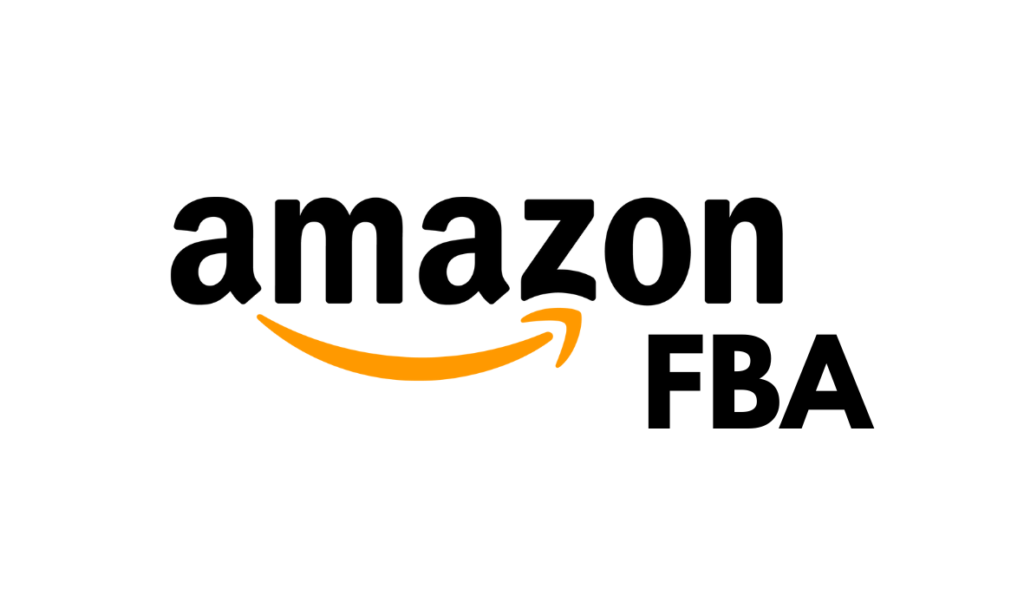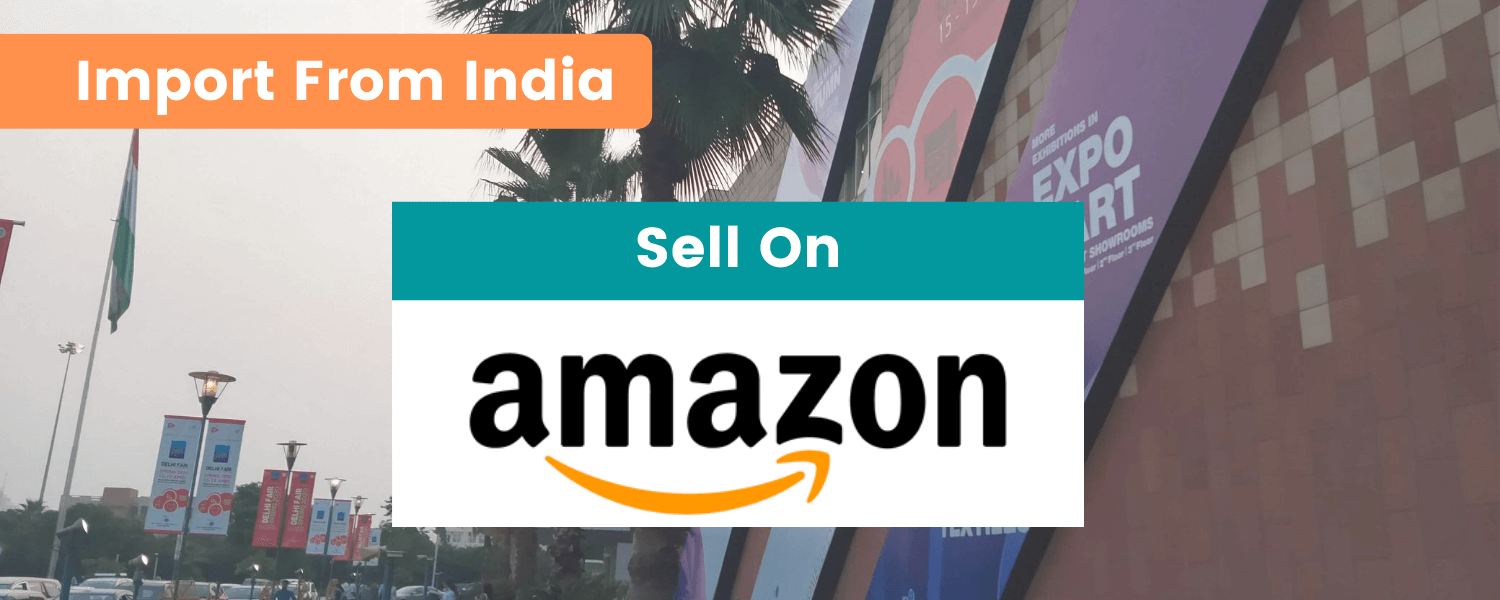Shopify vs Amazon FBA
Understanding Amazon FBA and Shopify
In the ever-evolving landscape of e-commerce, the decision between utilizing Amazon FBA and Shopify for online selling is pivotal. This choice is not merely about selecting a platform; it’s about choosing a path that aligns with your business model, growth ambitions, and the unique value proposition of your products. Especially for sellers looking to source distinct, quality products from markets like India, this decision becomes crucial in leveraging competitive advantages.
Amazon FBA Overview

Amazon FBA (Fulfillment by Amazon) offers a powerful ecosystem where sellers can leverage Amazon’s vast customer base and sophisticated logistics network. By storing your products in Amazon’s fulfillment centers, you not only gain access to expedited shipping for your customers but also tap into Amazon’s powerful customer service and returns management. This model can significantly enhance your product’s visibility and appeal to a global audience, offering an unmatched opportunity to scale quickly. However, it’s essential to consider the cost structure and how it aligns with your profit margins, especially when sourcing unique products that may have higher procurement and shipping costs.
Shopify Overview

On the flip side, Shopify provides a canvas for building a brand’s online presence from the ground up. It offers unparalleled flexibility in design, functionality, and customer experience. With Shopify, sellers have complete control over their store’s look, feel, and operational dynamics. This platform is ideal for sellers who prioritize brand identity and direct customer relationships. When sourcing products from diverse markets like India, Shopify allows sellers to craft compelling narratives around the authenticity, craftsmanship, and ethical values of their products, aspects that are highly valued by today’s conscious consumers.
Key Features Compared: Amazon FBA vs. Shopify
When navigating the intricate world of e-commerce, sellers must critically assess how platforms like Amazon FBA and Shopify cater to essential operational aspects like product listing, fulfillment, support, and marketing. Each platform offers distinctive advantages tailored to different business models, making this comparison crucial for informed decision-making.
1.Product Listing and Management
Amazon FBA
- Ease of Integration: Amazon provides a straightforward process for listing products on its platform, with bulk upload features and integration options for various inventory management systems.
- Customization Options: While Amazon offers some level of product detail customization, the platform’s standardized format limits the extent to which sellers can differentiate their listings.
- Inventory Management: Amazon’s robust inventory management tools allow for real-time tracking and automatic restocking alerts, simplifying stock control.
Shopify
- Ease of Integration: Shopify excels in offering a user-friendly interface for product listing, with drag-and-drop features and extensive customization options.
- Customization Options: Sellers have unparalleled freedom to design their product pages, including images, videos, and detailed descriptions, to truly convey the story behind each item.
- Inventory Management: Shopify provides comprehensive inventory management tools, with seamless integrations for third-party apps and analytics to optimize stock levels.
2.Fulfillment and Shipping
Amazon FBA
- Amazon FBA takes the helm in fulfillment, offering a hands-off approach where products are stored, packed, and shipped by Amazon, ensuring fast delivery through Prime.
- Sellers have limited control over the packaging and unboxing experience, as Amazon uses its branding and standard packaging materials.
Shopify
- Shopify offers the flexibility to choose your fulfillment strategy, whether it’s self-fulfillment, dropshipping, or partnering with third-party logistics (3PL) providers.
- This flexibility extends to the packaging, allowing sellers to customize the unboxing experience to reflect their brand identity.
3.Support and Resources
Amazon FBA
- Amazon Seller University and a comprehensive help center provide sellers with tutorials, guidelines, and support for navigating the platform.
- Direct support is available, but some sellers report challenges in getting personalized assistance.
Shopify
- Shopify shines with extensive documentation, online courses, and 24/7 customer support via chat, email, and phone.
- An active community forum and numerous Shopify Expert consultants are available for personalized advice and troubleshooting.
4.Marketing and Sales Channels
Amazon FBA
- Built-in Traffic: Amazon’s vast customer base automatically exposes products to millions of potential buyers, with options for paid advertising to boost visibility.
- Limited Branding Opportunities: While effective for sales, Amazon’s platform offers limited scope for building a unique brand identity.
Shopify
- Marketing Tools: Shopify provides a wide array of marketing tools, including SEO features, email marketing integrations, and the ability to create custom landing pages for campaigns.
- Sales Channels: Shopify’s platform integrates with multiple sales channels, including social media, online marketplaces, and even physical POS systems for a unified selling experience.
In summary, Amazon FBA and Shopify cater to different facets of the online selling experience. Amazon FBA is the go-to for sellers prioritizing reach and fulfillment efficiency without the need for extensive customization. Conversely, Shopify offers a broad canvas for brand-centric sellers who value flexibility in design, fulfillment, and marketing. Understanding these differences enables sellers to strategically align their business models with the platform that best suits their needs, especially when venturing into diverse sourcing markets like India.
Pros and Cons: Making an Informed Decision
Navigating the e-commerce platform landscape requires a nuanced understanding of the advantages and challenges inherent to Amazon FBA and Shopify. This section aims to equip sellers with the insights needed to make an informed decision, emphasizing aspects that resonate with those sourcing unique products from diverse markets like India.
Advantages of Amazon FBA
- Vast Customer Reach: Amazon FBA opens doors to an enormous customer base worldwide, offering unparalleled visibility. This aspect is crucial for sellers aiming to introduce niche products from India to global markets.
- Prime Eligibility: Products fulfilled by Amazon are eligible for Prime, which significantly enhances buyer appeal by offering fast, free shipping. This can lead to higher sales volumes and improved customer satisfaction.
- Simplified Logistics: Amazon’s end-to-end logistics support, from storage to delivery, removes the burden of fulfillment from sellers. This allows them to focus on product sourcing and business growth without being bogged down by operational complexities.
Disadvantages of Amazon FBA
- Competition: The Amazon marketplace is highly competitive. Sellers must navigate through a crowded space where differentiation can be difficult, especially for new entrants.
- Fees: While Amazon FBA simplifies logistics, it does so at a cost. The fees can take a significant chunk out of profit margins, and they vary based on product size, weight, and storage duration, making cost management a crucial skill.
- Brand Control Restrictions: Sellers on Amazon operate under the platform’s brand, limiting their ability to build a distinctive brand identity. This can be a significant drawback for sellers who wish to establish a unique story or ethos around their products, particularly those sourcing ethically and sustainably from India.
Advantages of Shopify
- Complete Control Over Branding: Shopify stands out for offering sellers complete control over their online presence. This enables the creation of a unique brand identity, from the website design to the customer unboxing experience.
- Customer Data Access: Unlike Amazon, Shopify gives sellers direct access to customer data, facilitating personalized marketing and long-term relationship building. This is a gold mine for sellers focused on creating loyal customer bases around niche markets.
- – Unique Online Presence: Shopify allows for the development of a distinctive online store that can fully reflect the values and uniqueness of the products offered. This is particularly beneficial for sellers of unique Indian crafts, textiles, or other products that have stories worth sharing.
Disadvantages of Shopify
- Hands-On Marketing Required: Without the built-in customer base of a platform like Amazon, Shopify store owners must invest significantly in marketing to drive traffic to their site. This requires both financial investment and a deep understanding of digital marketing strategies.
- Reliance on Apps for Extended Features: While Shopify offers extensive customization and feature extensions through apps, this can sometimes lead to increased costs and complexity in managing multiple third-party integrations.
- Shipping Logistics Management: Unlike Amazon FBA, Shopify sellers are responsible for their fulfillment strategy, whether that’s self-fulfillment, dropshipping, or partnering with a 3PL provider. This adds an additional layer of complexity in ensuring timely and cost-effective delivery.
Choosing between Amazon FBA and Shopify involves weighing these pros and cons against your business goals, product types, and market strategy. For sellers focused on leveraging the unique offerings of markets like India, this decision will significantly impact how effectively you can reach and serve your target market. Whether prioritizing broad reach and simplified logistics or seeking to build a distinctive brand with a loyal customer base, understanding these platforms’ strengths and limitations is key to navigating the e-commerce landscape successfully.

Choosing the Right Platform for Your Business Needs
As we’ve navigated the distinct landscapes of Amazon FBA and Shopify, it’s clear that each platform offers unique advantages and challenges tailored to different business models and objectives. The decision between these e-commerce giants should not be taken lightly, as it can significantly impact your business’s trajectory, especially for sellers eager to tap into the rich, diverse sourcing opportunities that markets like India provide.
Amazon FBA offers a robust, global reach and simplified logistics, making it an attractive option for sellers looking to quickly scale their operations and leverage Amazon’s vast customer base. However, the trade-offs include higher competition, fees, and limited brand control, which may stifle the unique identity of sellers who prioritize branding and customer relationship building.
Conversely, Shopify stands as a beacon for entrepreneurs who dream of crafting a unique online presence, with complete control over branding, marketing, and the customer experience. This platform is particularly appealing for sellers who wish to create a compelling narrative around their products, such as the ethical and sustainable goods sourced from India. The challenges here involve more hands-on effort in marketing and logistics, requiring a proactive approach to drive traffic and manage fulfillment.
The choice between Amazon FBA and Shopify ultimately hinges on your business goals, product types, and strategic vision. As highlighted in our discussions and reinforced by insights from sources like OneCommerce’s Blog, Stackupp, and Ecommerce Platforms, assessing these platforms’ key features, pricing, and pros and cons is crucial for making an informed decision that aligns with your objectives.
As aptly noted in the referenced articles, “the decision between Amazon FBA and Shopify is not just about the platform; it’s about choosing the path that best aligns with your vision for your business and your products.” This sentiment encapsulates the essence of our comparison, underscoring the importance of strategic alignment with your platform of choice.
In conclusion, remember the value of diversifying your sourcing options, like leveraging IndiaDirectSourcing, to capitalize on unique products and competitive advantages in the e-commerce landscape. Whether you choose Amazon FBA for its vast reach and logistics support or Shopify for its branding and customization capabilities, ensure that your decision supports your broader business strategy and paves the way for sustainable growth and success in the dynamic world of online selling.













